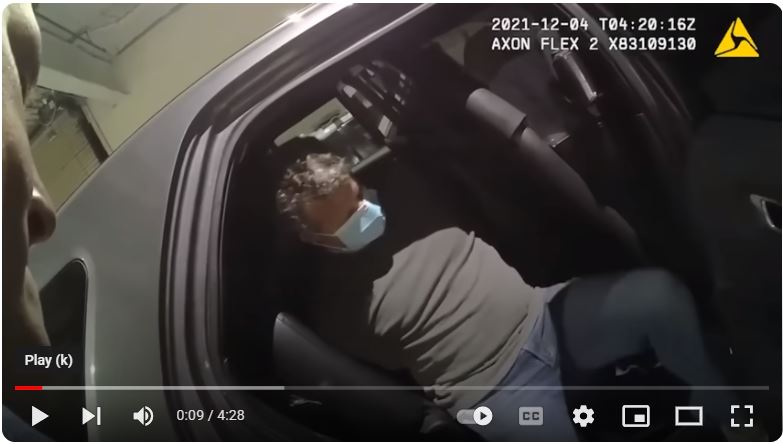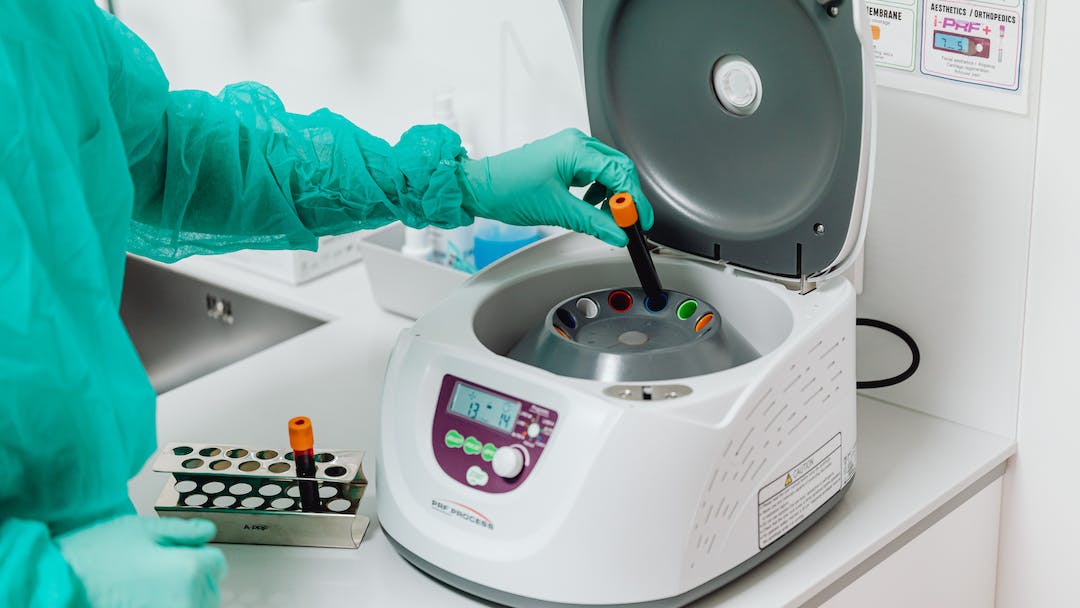The Smell of Marijuana and the Court of Appeals
Body camera footage is an invaluable resource for courts facing suppression motions, but it rarely serves as a stand-alone source of information about a warrantless search or seizure.
Here, the trial court was hamstrung in analyzing the validity of a warrantless search of defendant, Jeffery Scott Armstrong, and the subsequent seizure of a gun because the trial court was given no evidence other than body camera footage.
Despite that disadvantage, the trial court dutifully made findings of fact and ordered the suppression of the gun.
Because we conclude that the trial court’s findings of fact were not clearly erroneous and its conclusions of law were sound, we shall affirm the trial court’s suppression order.
Background
On October 8, 2020, law-enforcement officers conducting a home-compliance check in the city of Detroit came upon a Jeep Cherokee parked on the street.
They spoke to a woman who was in the driver’s seat and to Armstrong, who was sitting in the front passenger’s seat. What piqued the interest of the law-enforcement officers at first was the scent of marijuana emanating from the Jeep.
Body camera footage shows the officers approaching the vehicle, speaking with both people in the vehicle, instructing Armstrong to get out of the vehicle, and ultimately finding a gun under the front passenger’s seat.
As a result, Armstrong was charged with carrying a concealed weapon, MCL 750.227, being a felon in possession of a firearm (felon in possession), MCL 750.224f, and possession of a firearm during the commission of a felony (felony firearm), MCL 750.227b.
Aggressive Criminal Defense
Have you encountered legal issues related to DUI or lost your driving privileges in Michigan?
Call Our Office for a Free Case Evaluation
In response, Armstrong moved to suppress the gun as the fruit of a search that violated the Fourth Amendment to the United States Constitution.
In the trial court, both parties several times declined an invitation to hold an evidentiary hearing, stipulating instead to the use of body camera
footage as the evidentiary basis upon which the trial court should resolve Armstrong’s suppression motion.
Additionally, although no police reports concerning the search and seizure were filed in the trial court, the parties included quotes from the police reports in their briefs, so the trial court considered those excerpts from the police reports.
Relying upon that limited record, the trial court described the factual background of the suppression motion in the following terms:
On October 8, 2020, Corporal Eaton and Officers Genaw, Saad, Scott, and
Krzyak were driving down Seneca street in the city of Detroit to conduct a home compliance check.
Corporal Eaton observed a black Jeep Cherokee parked on Seneca street, with a woman in the driver’s seat and Armstrong in the front passenger seat.
According to Corporal Eaton, she smelled the scent of burnt marijuana as she drove past the black Jeep Cherokee. She parked her vehicle then walked behind the black Jeep Cherokee, exited, and approached the car.
The prosecution’s brief in support alleges that when Corporal Eaton asked Armstrong about the scent of marijuana, she observed a black handgun lying on the floorboard of the vehicle directly in front of Armstrong.
Prosecution also makes note that Corporal Eaton noticed Armstrong’s hand shaking when he was being questioned.
With the parties’ consent to rely on the body camera footage as evidence of the initial interaction between Corporal Eaton, the driver of the vehicle, and Armstrong,
the dialogue is detailed below:
Conclusion
In sum, based on the limited factual record to which the parties stipulated in the trial court, no finding of fact made by the trial court is clearly erroneous.
Therefore, we shall uphold the trial court’s finding of fact that “the firearm was not visible until Armstrong had already been removed
from the vehicle.”
Because the gun was not in plain view before defendant was unconstitutionally seized, the prosecution has provided no exception to the warrant requirement that justifies seizure of the gun.
Accordingly, the trial court properly granted defendant’s motion to suppress the gun, thereby making dismissal of the charges against defendant appropriate.
Read it all here
COA People vs Jeffery Armstrong-Smell of Weed-20221122_c360693_48_360693.opn
Or is it?
It is headed to the Michigan Supreme Court for Oral Arguments
MSC-People vs Jeffrey Armstrong 11-2023 165233_58_01 (PDF Order)
courts.michigan.gov/c/courts/coa/case/360693 (MSC Page)
More Posts

400K settlement after being arrested for a DUI, even though he passed breath and blood tests
A Colorado man is poised to receive a $400,000 settlement from city authorities after being wrongfully arrested for a DUI, even though he had passed both a breath and blood test.According to the complaint, Elias was driving southbound on College Avenue in Fort Collins...

Evaluation of Field Sobriety Tests for Identifying Drivers Under the Influence of Cannabis
This randomized clinical trial investigates the accuracy of field sobriety tests administered by law enforcement officers to assess functional impairment and driving performance among individuals who have smoked cannabis. Question How accurate are field sobriety tests...

THC Detection in Blood: Challenges and Implications
THC Detection in Blood: Challenges and Implications When it comes to enforcing drugged driving laws, police and employers face a unique challenge with marijuana. Unlike alcohol, which is metabolized and eliminated relatively quickly, THC, the psychoactive compound in...

THC Detection in Blood: A Comprehensive Review
THC Detection in Blood: A Comprehensive Review Tetrahydrocannabinol (THC), the main psychoactive compound in marijuana, can remain detectable in the blood for several days or even weeks after use. This is due to the fact that THC is highly fat-soluble, meaning that it...

Ignition Interlock Devices – What you should know
Ignition interlock devices (IIDs) are becoming increasingly common in the state of Michigan. An IID is a device that is installed in a vehicle and prevents the engine from starting unless the driver blows a breathalyzer test and their blood alcohol content (BAC) is...

Driver License Restoration in Michigan
Walking to work is fun. In fact very healthy and climate friendly. But sometimes wouldn't you rather just drive? Unfortunately if your not one of the privileged and had your drivers license suspended or revoked then you have to fight to get it back. Driver License...

Can I have open alcohol in a trailer that is being pulled on the road?
Question: Can I have open alcohol in a trailer or camper that is being pulled on the road? Answer: In most instances transporting or possession of open intoxicants in a vehicle is not permitted. MCL 257.624a states in part, "a person who is an operator or occupant...

Charged with DUI from Cannabis and this Ends up on the Report
So you got pulled over and charged with DUI from Cannabis use and this ends up on the report 11-Nor-9-carboxy-Δ9-tetrahydrocannabinol (11-COOH-THC or THC-COOH) as part of the test results. What is it?? Here's what they say...

DUI in Michigan
DUI in MichiganDriving under the influence (DUI) is a serious offense in Michigan that can result in severe legal consequences. Michigan DUI laws and penalties are designed to prevent impaired driving and keep the roads safe for everyone. From fines and license...

Michigan’s DUI Laws and Penalties
Michigan's OWI Laws and PenaltiesAn DUI / OUI / OWVI conviction requires proof only that the driver shows visible signs of impairment due to ingesting alcohol or drugs. The Michigan Law Under MCL 257.625(3), you are assumed guilty of a crime if, regardless of your...











